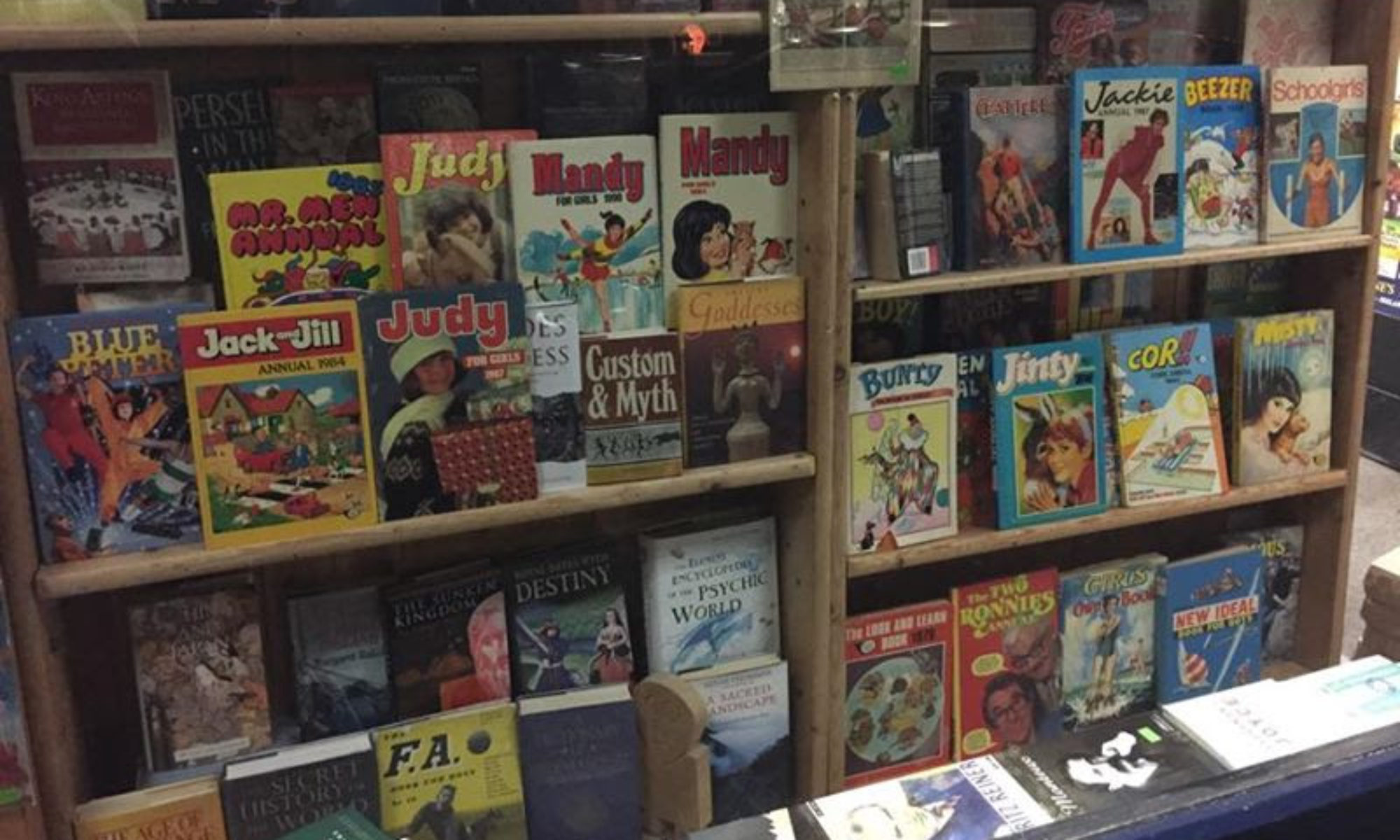In America, they called it Vaudeville. In Britain it was Variety or Music Hall.
Buy a ticket and sit amongst your fellow rowdies to watch the succession of acts do their thing on stage. If you didn’t think much of plate spinning- or a bit of Shakespeare being declaimed- just let them know about it until someone else came on.
Comedy sketches, character sketches, leggy lovelies in chorus lines, magicians and actors toured the provincial towns. Rising or falling on the Bill (the poster listing that night’s acts) their careers waxed or waned in public.
There was a sharp line drawn between legitimate theatre (as it called itself) and the Music Hall. The Music Hall audience were just a bit too literally the Great Unwashed. Acting had spent long centuries professionalising and building respect for its artistes. Mixing in a world of dancing dogs and ventriloquists’ dummies was too close to returning to the roots of English theatre for comfort.
Theatre remains, but the Music Halls are closed. But Music Hall as a form has triumphed. It is the dominant entertainment form of modern television. Strictly Come X-Factor Idol Dancing On Ice is a stylized set of acts doing their turns in front of a baying, critical audience. You can even still boo the acts off the stage (though now you’re charged for the privilege, via premium text lines).
But while supercharged mega budget Variety booms there are some corners of the telly universe where the old fashioned values of mucking about in front of a rowdy audience continue. Those places, of course, are on CBeebies.
The relationship between the Music Hall Tradition and children’s television is very old. In fact, it was into kid’s TV that many stars (and they were stars. The music hall acts were the big, big names of their day) drifted even before the last of the actual music halls closed.
Now, I’m about to introduce you to someone who is completely unknown to you, but who was one of the best known- and best loved- of all performers for years in the UK. This is Richard Hearne playing his lifelong character, Mr. Pastry.
Mr. Pastry was the first person to ever get their own BBC television series. The character was created in the 1930s, and 40 years later he was still so popular that he was considered as a replacement for John Pertwee as Doctor Who. Mr. Pastry was so famous he used to appear regularly on the Ed Sullivan show in the US. I don’t care if you’ve never heard of him. He was a star.
Look upon his works, O ye mighty, and despair.
Now, take a look at Cbeebie’s latest vehicle for Justin Fletcher (and perhaps silent justification for moving to the huge, far away studios of Salford) Justin’s House. It’s recorded in front of an audience of screaming, hopped-up children, featuring frequent custard pies to the face, a unicycling delivery lady and a new addition to the rolls of Gay Robots.
Justin is one of the CBeebies megastars. He is a clown, fluent in sign language, who also does sketch comedy. By my reckoning he has been the star of four seperate series. He’s done silent slapstick with Higgildy House. He’s been a clown, as his alter ego Mr. Tumble in Something Special. But, to my mind, his apogee so far has been Gigglebiz. This is music-hall.
Now, remember the hyped-up audience of kids in Justin’s House? Add them to Gigglebiz’s sketches. What do you get?
“It’s Friday, it’s five o’clock, it’s Crackerjack! (CRACKERJACK!!)”
There is no call more assured of a response from a certain age group of TV watchers than to mention Crackerjack. You’ll always get the audience cry back. Here’s why:
Crackerjack first appeared on thick-glassed black and white screens in 1955. It was hosted by avuncular Eamon Andrews and was filmed in the Shepherd’s Bush Empire Theater– which had been built as an actual Music Hall fifty years earlier. The turns and acts for those early shows just carried on doing what they always did- except to a spectacularly excited prepubesent audience.
Even after moving to Television Centre, Crackerjack remained a protected reservation for sketch artists, stage magicians and plate spinners, even as their natural habitats died out. Music-hall as a form of entertainment was probably terrible most of the time. The acts were likely to be little better than the early rounds of Britain’s Got Talent (itself another throwback to the Variety tradition) in any given provincial town’s show.
But as a form, it is near to a perfect match for modern television’s fashions. Its rapid changes in tone and that little edge from knowing that the audience is sitting there watching and waiting for something to go wrong combine to ensure that entertainment is placed above all the high minded virtues of the Reithian televisual diet. Children’s television spent decades keeping that ember alive.
Cbeebies continues that love affair today. But the preservation of the form is of less importance than it once was. The preciously preserved Theatre has dwindled to a minority interest, where the same people go out to see each other in the interval every few weeks.
But Music-hall? Music-hall hid inside children’s Television until, eventually, Television became Music-hall.


